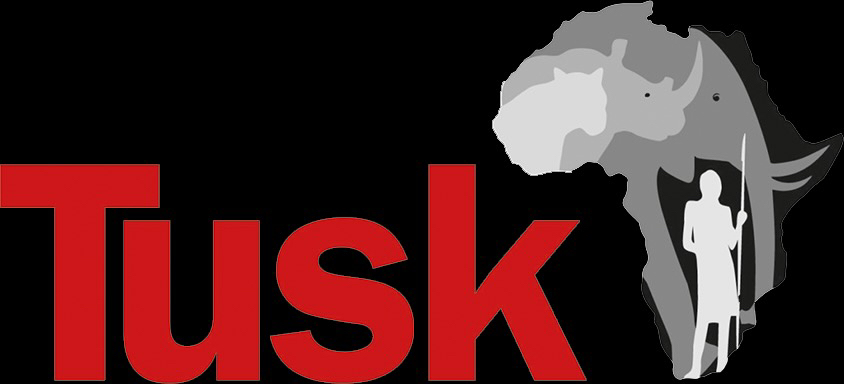On 11th November every year we commemorate those who fell in recent conflicts in the service of their country. We might also remember those who came back physically and emotionally wounded.
The First World War ushered in the new phenomenon of shell shock. Film footage surviving from the period shows severely traumatised veterans experiencing uncontrollable shakes, constant trembling and general mobility difficulties. The horrors of trench warfare and constant bombardment had taken their toll. However, even in this severe form the condition remained poorly understood both medically and psychologically; some put it down to close exposure to high explosives with the proximity affecting the brain, others thought it represented little more than a lack of moral fibre.
We now live in more enlightened times and Post Traumatic Stress Disorder is a recognised psychological condition in its many complex forms. A person doesn’t have to have been in a war zone to experience PTSD. People who work in front line emergency services are just as vulnerable and in fact it can affect someone who has been involved in a serious accident like a road crash, suffered from physical violence like an assault, or perhaps a difficult childbirth. Whatever the cause, it can lead to extreme anxiety and sufferers can exhibit negative feelings and withdrawal.
PTSD affects people in many different ways but it often includes insomnia, recurring nightmares and flashbacks of stressful events.
PTSD affects people in many different ways but it often includes insomnia, recurring nightmares and flashbacks of stressful events. It can be very difficult to concentrate and the sufferer might feel pain or physical sensations in the form of tremors, shakes, nausea or sweating. Symptoms can occur straight after the triggering event, or they can take years and even decades (delayed onset) to become apparent. However long it takes, it really can have a debilitating affect on a person’s life.
When it comes to the workplace environment, employers should be aware of PTSD and the ways it can affect a team member. It’s particularly relevant if a member of staff is known to have served in the military and in combat situations. Even then, sufferers may be unaware of their condition beyond perhaps feeling anxiety and finding it difficult to concentrate. Managers should pick up on anyone known to have suffered a traumatic experience, especially in the four weeks just after the event. In any unexplained circumstances or if in doubt, medical advice should be sought.
A GP can help in the first instant but might well refer patients to a mental health specialist for further assessment and treatment.
A GP can help in the first instant but might well refer patients to a mental health specialist for further assessment and treatment. If a case of PTSD emerges, it’s important that managers and team members understand the condition. Most people will never suffer from it and it’s estimated that only a third of people exposed to traumatic events will be go on to be affected by PTSD. Some people, not having suffered from it themselves, still think of PTSD as a sign of weakness, a result of dwelling on the past, and that sufferers should simply move on. It really doesn’t work like that. PTSD is an entirely involuntary response over which sufferers have no control.

November 11th marks the end of the First World War and with it, our early understanding of PTSD. Politics aside, the young men and women in our armed forces continue to put themselves voluntarily into harm’s way on our behalf. It’s worth noting that the many veterans from conflicts like the Falklands, Iraq and Afghanistan are still very much in mainstream employment. In a report published 10 January 2019, the MoD estimated that there would be 700,000 ex-forces personnel of working age residing in the UK.
Sadly, however much we might prefer otherwise, the current war in Ukraine shows that conflict is never predictable or far away. The televised horrors also give us a glimpse into the sufferings inflicted on armed personnel, front line emergency services and civilians alike.
If ever there’s a good time to shine the spotlight on PTSD, perhaps it should be at this time of Remembrance. Specifically, it could be a good time for employers to think about any of their ex-military personnel, and to consider whether or not they might ever need additional support.
Further reading and useful support materials:
Royal British Legion – “RBL helped me transition from being a strong, confident Royal Marine to civilian life.”









